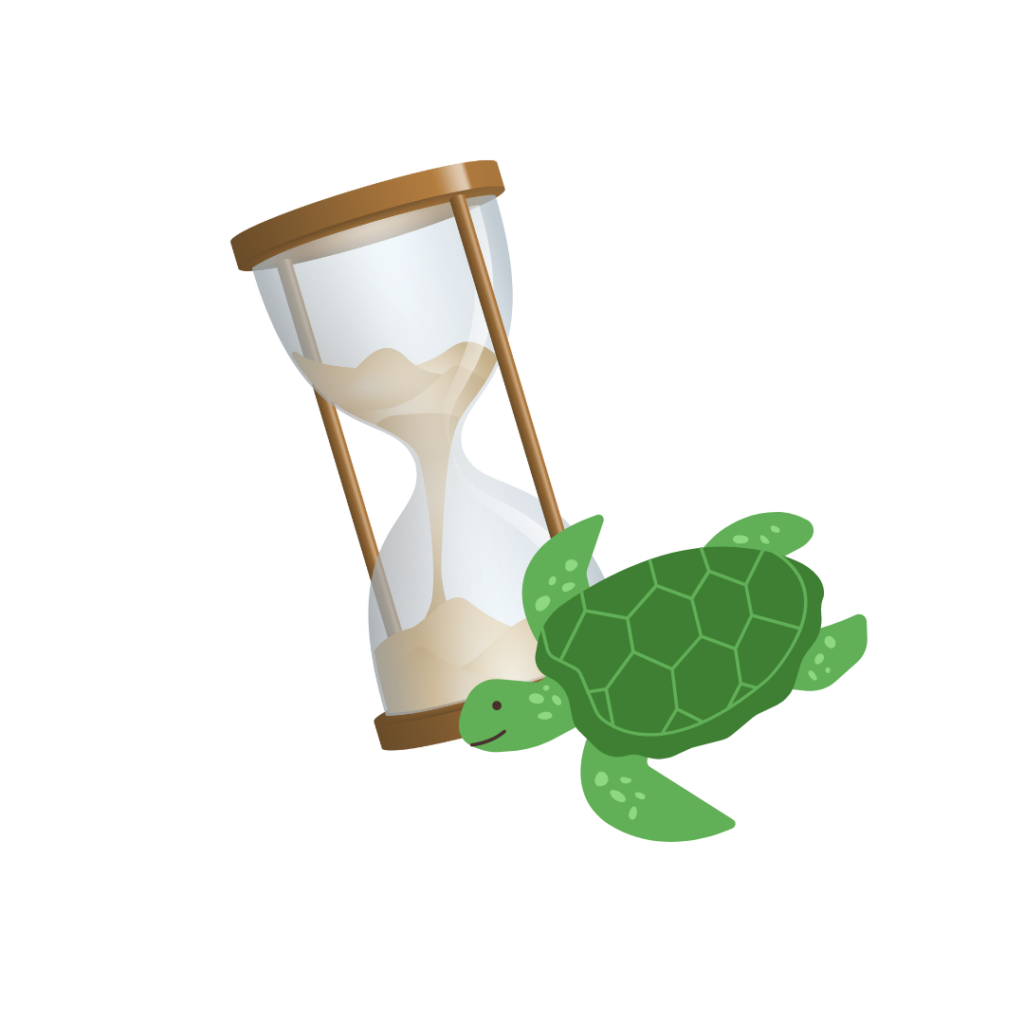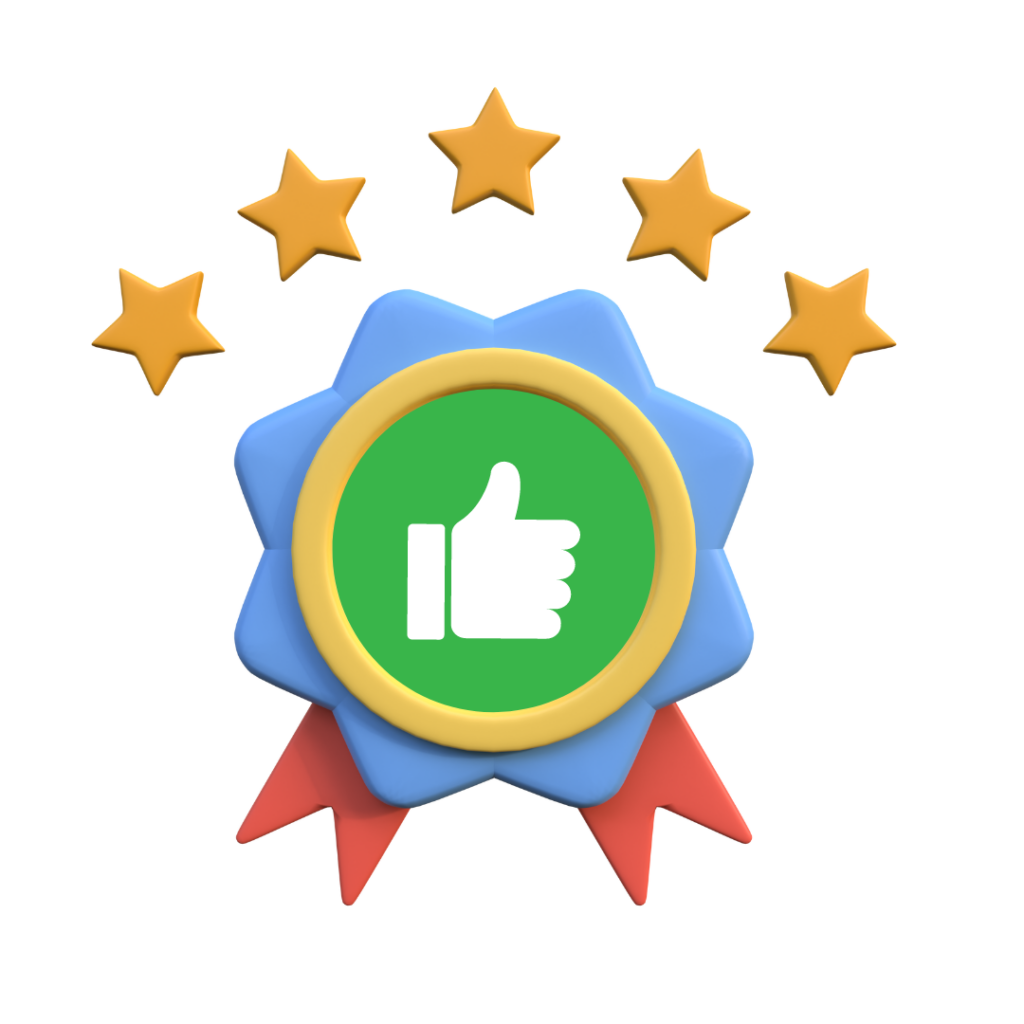Are you wondering how to be productive without burning out?
Well, I might just have the solution for you.
It’s called “Slow Productivity,” the title of Georgetown Professor and bestselling author Cal Newport’s latest book.
I’ve just finished reading the book, and… I’m impressed. So much so that I can’t resist sharing with you the key lessons.
The book deeply resonates with me because for years, I have been struggling with doing too much at the same time and often feeling stressed out. A PhD, a YouTube channel, writing a book, you name it.
In this video, I’ll introduce you to the three core principles of the “Slow Productivity” philosophy and offer my insights on how you can best put them into practice—no matter whether you are doing your first job, work for yourself, or study in college.
Who is Cal Newport and why should we listen to him?
In my videos, I often draw upon ideas from Cal Newport’s earlier books on achieving success in academia and, of course, his more renowned works “Deep Work” and “Digital Minimalism.”
Cal is a professor of computer science, consistently produces bestsellers, writes columns for The New Yorker, and hosts a podcast. So, if anyone embodies objective productivity criteria, it’s him.
In “Slow Productivity,” Cal shares his latest philosophy on knowledge work productivity, and it’s quite compelling. It’s not about cramming more into less time, which eventually wears us down.
Instead, it’s about accomplishing fewer things over an extended period—but things that truly matter.
#1 Do fewer things
Knowledge work involves using our cognitive abilities to add value to the world. This covers all sorts of tasks and jobs that can be done in an office or, these days, from home. But also, studying could be seen as a type of knowledge work.
What many people overlook is that knowledge work is still influenced by the Taylorist paradigm of the second industrial revolution. This means tasks are split up based on expertise, people come together in one place, and work outputs are measured quantitatively.
The idea of working from Monday to Friday and then spending our paycheck in the city over the weekend also comes from that time.
But knowledge work is changing rapidly. Especially since the beginning of the Covid pandemic, we don’t always gather in one central place anymore. How do you even measure how productive an individual knowledge worker is?
Pseudo-Productivity
According to Newport, this is where pseudo-productivity comes into play, where productivity is measured based on visibility. What’s your level of “busy” during work? How fast do you respond to emails? How many meetings do you have per day, or how often do you participate in lectures?
All of these are metrics that employers and universities use to gauge the productivity of knowledge work.
But that’s nonsense.
True productivity isn’t achieved by merely showcasing visibility and “busyness,” but by working quietly on a few, valuable projects.
To return to this state, Newport recommends a two-tiered system for managing your active projects. Projects are knowledge tasks that can only be completed over an extended period, such as writing a term paper, launching a social media campaign, or compiling a job application portfolio.
Level 1 consists of your 3 active projects
List no more than 3 active projects. Not a single one more. Only when a project is completed does a new one take its place.
Try to work on just one of these projects per day. Mentally switching between them consumes unnecessary energy.
Level 2 is your waiting list of new projects and ideas
Whether it’s your boss, your academic advisor, your client, or yourself coming up with a new project, it goes on the waiting list along with an estimated timeframe for when you’ll get to it.
If you already have 3 active projects and 2 on the waiting list, then this project takes the 6th spot. You can even communicate this if necessary.

#2 Work at a natural pace
By following Principle Number 1 and tackling fewer but more meaningful projects, you unlock an entirely new level of productivity.
What you achieve in 3 months doesn’t matter. That’s not the benchmark. The timeframe that truly speaks volumes is what you accomplish over the next 3 years (for example, the duration of your studies).
Did you know that Isaac Newton, Copernicus, or Marie Curie spent several decades working on their groundbreaking ideas before publishing them? If you were to pick any random month in their lives, they would appear quite unproductive by today’s standards.
They spent a lot of time walking, took weeks off to vacation in the countryside, and dedicated themselves to their work at a moderate pace. Yet, these individuals profoundly influenced human history with their work. They were as productive as we may never be!
So, if you expand your time horizon wide enough, you can afford to take time for other enjoyable aspects of life and avoid short-term stress. The prerequisite, of course, is that you heed Principle Number 1 and choose projects that are meaningful and important to you, so they have the potential to make an impact over a long period.
A short-term tactic Newport recommends in this regard is ritualizing your work. Associate it with something special that inspires you.
If you’re writing a vampire novel, do it at night. If you’re working on a paper about the hotel industry, do it in the lobby of your favorite hotel. These rituals help you get into a natural flow, and the work that matters to you gets done almost effortlessly.
#3 Obsess over quality
By taking on fewer projects with Slow Productivity and only seeing results much later, you’ll inevitably have to pass up short-term opportunities and say “no” to many things.
The things you do, you do them right. And by giving yourself time, you can invest more in the quality of these things.

Examples
In my research discipline, business informatics, there are two top journals. Publishing an article in one of these journals typically takes four years. During these four years, one has to forgo small successes and appears “less productive.” However, once such an article is eventually published, it influences the discipline ten times more strongly than ten small publications one could have made in those four years.
Delaying gratification for your work for so long is incredibly difficult. But if the quality of the result is significantly better as a result, you have achieved much more “productivity.” Just slowly.
Another example is articles on Amazon. A product with 4.9 stars sells 100 times more than a product with 4.5 stars. So, even if it takes 10 times longer to bring the product to this level of quality, you still get 10 times more results than from 10 4.5-star products!
Of course, Cal Newport also has a technique to increase the quality of your projects. Simply double each of your deadlines for a project. But remember, just double. Not more. You should still feel the commitment to complete the project and put in enough work. But with the extended project timeline, you have more room to focus on quality.
But never forget that high quality also requires corresponding effort. With Slow Productivity, you shouldn’t give yourself a free pass to procrastinate. Instead, give yourself enough time to achieve true mastery in your project. Create the necessary space for creativity and the freedom to breathe, so that you can approach your work with passion.
Your results will speak for themselves. Don’t be a hamster. Be a turtle. Slow is smooth and smooth is fast.
